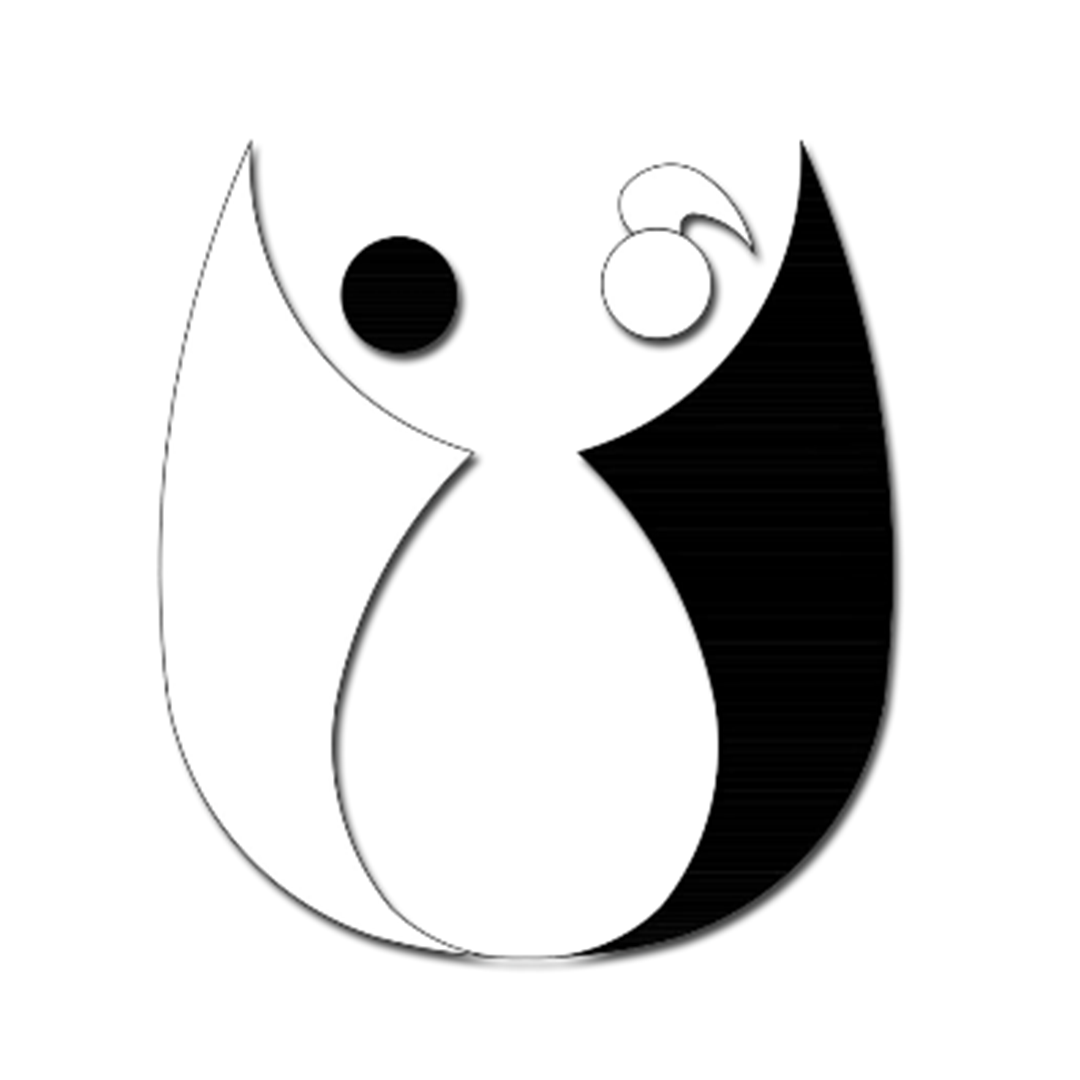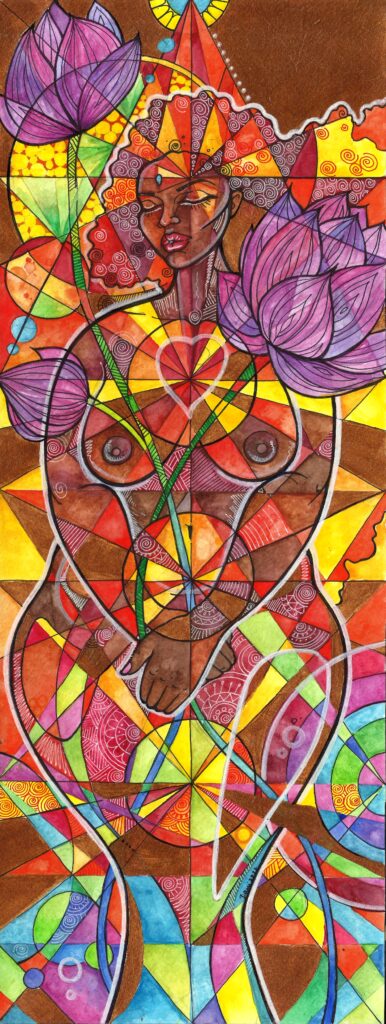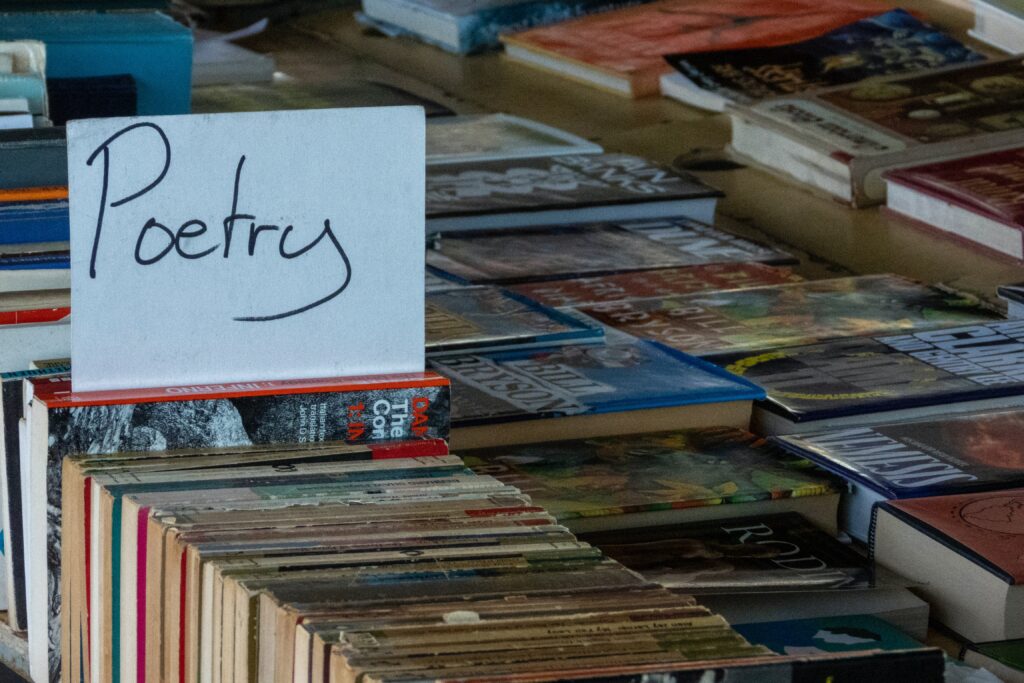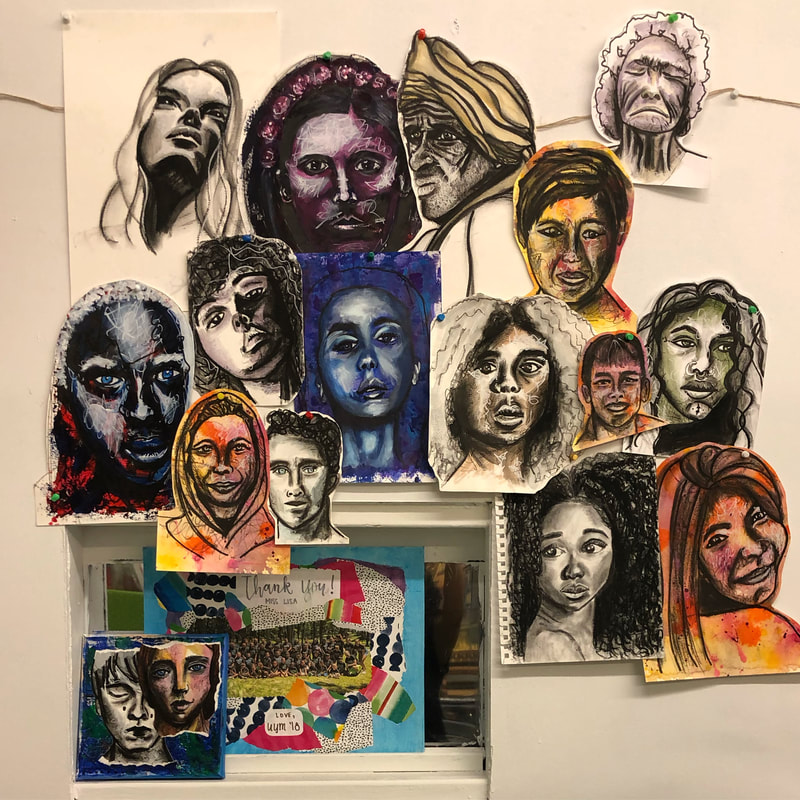Written By: Joseph Haughton
The abyss cried out mercy;
God relented and out from the depths
slithered the serpent, which bit Eve,
who birthed me.
Poetry, like light, shines through the darkness and encourages. But just as surely as poetry is about beauty, it is about truth. In fact, I think that poetry is at its best when it’s about the truth, as experienced by people through myriad lenses, each heart forming a prism that both sharpens and scatters.
Because it’s about truth-telling, poetry is, I think, emphatically political as well. It has echoed in every podium speech and frequently is distilled into campaign slogans and promises; We chant at rallies for a reason: not only to rehearse our beliefs, but because the words themselves have power. That power is too frequently used for ill. And believe me, words can absolutely hurt.
At the same time, poetry’s capacity for liberative efforts is well known. Good poets tell us about moral truths, about how people should treat each other, and how people actually treat each other. The Bible, notably, is full of poetry, often as prophecy. Prophecy is not just the future, but the present, the true present that God sees.
Think of “yo soy Joaquin,” an epic poem about identity that’s intimately tied to the Chicano Movement and Chicano Literary Renaissance[1]:
“I am the Maya prince.
I am Nezahualcóyotl, great leader of the Chichimecas.
I am the sword and flame of Cortes the despot
And I am the eagle and serpent of the Aztec civilization.“
or “First they came…,” a poetic confession of inaction against the Nazis during the Holocaust[2]:
“First they came for the socialists, and I did not speak out—
Because I was not a socialist.“
or damn near anything by Maya Angelou[3]:
“You may write me down in history
With your bitter, twisted lies,
You may tread me in the very dirt
But still, like dust, I’ll rise.“
or more contemporarily, Kendrick’s Alright[4]:
“Wouldn’t you know
We been hurt, been down before, nigga
When our pride was low
Lookin’ at the world like, “Where do we go, nigga?”
My own verse might go more like:
“Rusted pipes is poisoned water
sating the thirst of a man
on a modern crucifix.
Pop pop and tear gas is toxic air
breathed in by angry lungs,
‘cuz “can’t breathe” is how the cross kills.“
The poetry convicts. Consider civil rights leader and religious scholar Rabbi Abraham Heschel, who described the work of prophets – truth-tellers – as both inspired and uncomfortable, saying, “The prophet’s word is a scream in the night.”[5] When the oppressed have no words, they scream viscerally, and the world contorts itself at the hearing. That is poetry.
[1] written by Gonzales, Rodolpho, 1965. Text found at: https://www.latinamericanstudies.org/latinos/joaquin.htm
[2] qtd. in United States Holocaust Memorial Museum. “MARTIN NIEMÖLLER: ‘FIRST THEY CAME FOR THE SOCIALISTS…”.” United States Holocaust Memorial Museum, United States Holocaust Memorial Museum, 18 Mar. 2020, encyclopedia.ushmm.org/content/en/article/martin-niemoeller-first-they-came-for-the-socialists.
[3] Angelou, Maya. “Still I Rise by Maya Angelou.” Poetry Foundation, Poetry Foundation, www.poetryfoundation.org/poems/46446/still-i-rise
[4] Kendrick Lamar. “Alright.” To Pimp A Butterfly, Aftermath/Interscope, 2015. Spotify, https://open.spotify.com/track/3iVcZ5G6tvkXZkZKlMpIUs?si=l5hwLp9TRdSpkfq4qItcSw
[5] qtd. in Dear, John. “Abraham Heschel’s Prophetic Judaism.” National Catholic Reporter, 14 June 2011, www.ncronline.org/blogs/road-peace/abraham-heschels-prophetic-judaism.
Many Colors No More
By: Joseph Haughton
Rusted pipes is poisoned water
sating the thirst of a man
on a modern crucifix, still in the street,
but now left alone to lay there
four hours instead of hanging the usual three.
Pop pop and tear gas is toxic air
breathed in by angry lungs –
already air-starved – ‘cuz “can’t breathe”
is how the cross actually kills.
The blood on Joseph’s coat
is the blood on Trayvon’s hood,
both given by a father with promises
of distant lands and God’s journeying mercies,
stained ‘cuz the weapons formed against us
work just fine, whether by Potiphar’s lash
or by a blue life baton.







